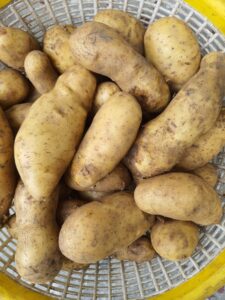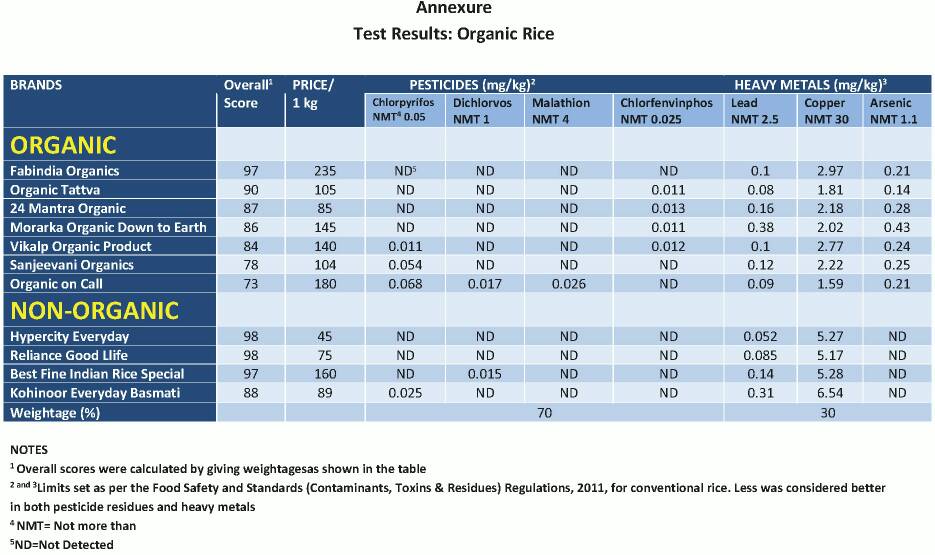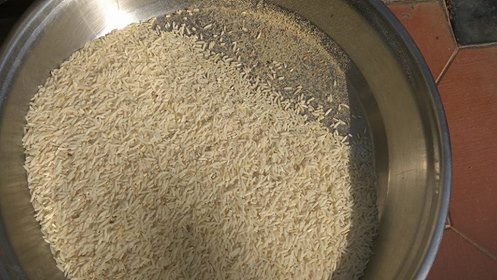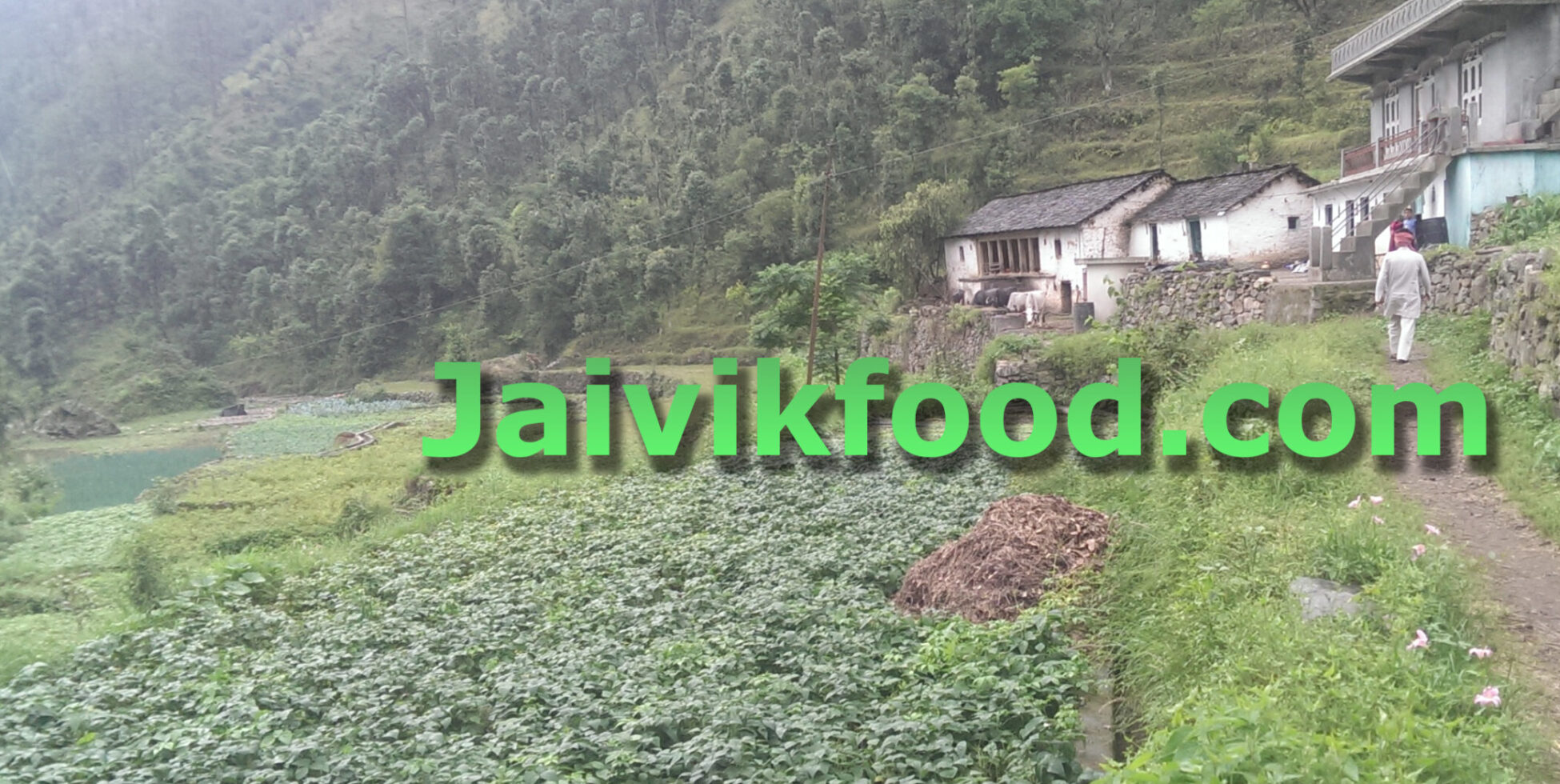“People are fed by the food industry, which ignores health, and treated by the health industry, which ignores food.” — Wendell Berry.
“Let food be thy medicine and medicine be thy food.” — Hippocrates.
Nine years ago, on March 21, 2015, I embarked on a journey driven by my passion for natural, chemical-free food. This marked the beginning of JaivikFood.com, when we received our first batch of organic vegetables from Uttarakhand, delivered via a night bus. Today, we source fresh fruits and vegetables from hundreds of organic and natural farmers across India. Although logistics still pose significant challenges in terms of cost and effort, a simple note of appreciation from our customers makes all the hard work worthwhile, as we strive to deliver pure food every week.
Throughout this journey, I’ve had the pleasure of meeting incredible people from various backgrounds, including farmers, traders, teachers, transporters, vendors, marketers, and, most importantly, our customers. It brings me great joy when farmers adopt more environmentally friendly techniques using natural products like cow dung, urine, and herbs, which are even better for the environment than organic farming. We are proud to promote forgotten varieties such as Kalanamak Buddha Rice, Khapli (an ancient wheat variety), Dehraduni Basmati Rice, millets, and indigenous varieties of bananas like Yellaki and Red Bananas from South India.
Each interaction has taught me something new and strengthened my belief that food should be grown with care and without harmful chemicals. Naturally grown food truly works better than medicine.
There are many misconceptions about food, and consumers need to understand what is truly beneficial for them. To maintain good health, you don’t need “superfoods” (a term often used to market imported products) but rather indigenous foods like millets and forgotten grains, which our ancestors thrived on. While it’s fine to explore new foods for specific health benefits, we shouldn’t abandon the traditional staples that our parents and grandparents lived on. For decades, the industry told us to avoid ghee, butter, and oils, promoting expensive refined and imported oils instead. Now, it’s been proven that Desi Cow’s Ghee, mustard oil, sesame oil, coconut oil, and peanut oil are the best choices for Indians.
I am deeply grateful to everyone who has supported JaivikFood throughout this journey. While we continue to improve our services and products, we remain committed to offering pure, chemical-free food. We also seek the blessings of Padm Shree Subhash Palekarji as we support farmers practicing his environmentally friendly Subhash Palekar Kheti (SPK) techniques.”





